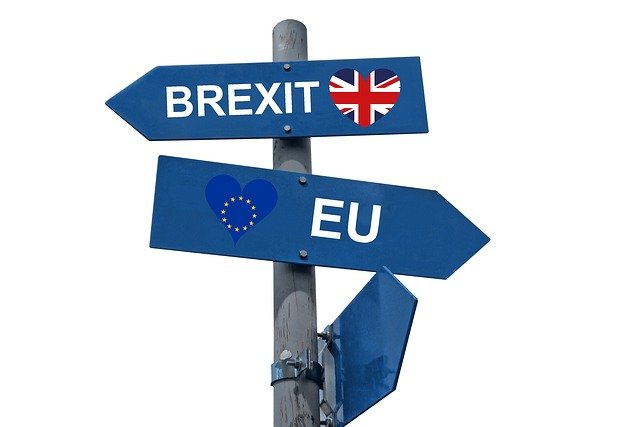Who is dependent under EU Settlement Scheme (EUSS)
Dependent family members under EUSS. At present, following Brexit, only close family members can join the EU national under the EU Settlement Scheme provided that the family relationship existed before end of December 2020 (unless it is a new born child even if the birth was after December 2020). Close family members under EUSS are defined as:
- husband, wife, civil partner or durable partner (if relationship was ‘durable’ before end of December 2020).
- dependent parents or grandparents.
- children or grandchildren under 21 years old.
- dependent children over 21 years old.
The law is set out in the immigration rules, Appendix EU and Appendix EU (Family Permit).

What is the dependency under EU Settlement Scheme (EUSS) – are you dependent family member
When submitting first application under the EU Settlement Scheme, applicants who apply as children or grandchildren over the age of 21 OR parents and grandparents, must provide evidence of their dependency on the relevant EU national or their spouse or civil partner. Definition of ‘Dependent’ is in the EU Settlement Scheme immigration rules, and we cite this definition further below.
In a nutshell, to assess if dependency exists, according to their guidance the Home Office should take into account of the following:
- the financial and social situation of the applicant, or applicant’s health,
- whether the applicant cannot meet their essential living needs (in whole or in part) without the financial or other material support of the relevant EU citizen or their spouse or civil partner, and
- whether such support is provided to the applicant by the relevant EU citizen or their spouse or civil partner.
Extract from the Home Office immigration rules: ‘dependent’ means here that:(a)having regard to their financial and social conditions, or health, the applicant cannot meet their essential living needs (in whole or in part) without the financial or other material support of the relevant EEA citizen (or, as the case may be, of the qualifying British citizen) or of their spouse or civil partner; and
(b) such support is being provided to the applicant by the relevant EEA citizen (or, as the case may be, by the qualifying British citizen) or by their spouse or civil partner; and
(c) there is no need to determine the reasons for that dependence or for the recourse to that support
Dependency under EUSS caselaw
For the definition of ‘Dependency’ it is useful to look for caselaw that provides some practical insight into how the ‘Dependency’ is interpreted in real life scenarios. As an example, there is a recent Court of Appeal SHAWINDER SINGH -v- SSHD case https://www.bailii.org/ew/cases/EWCA/Civ/2022/1054.html

